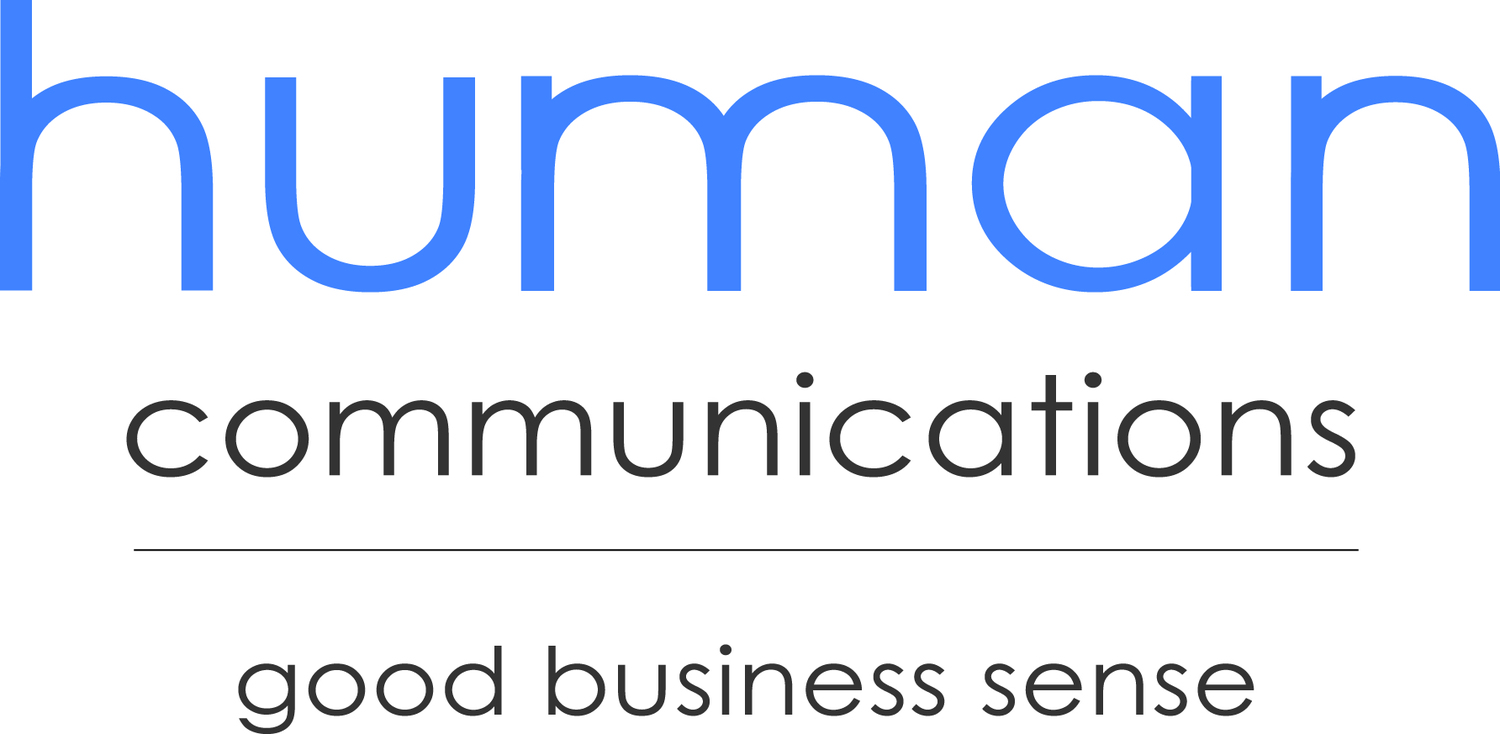Financial providers in Singapore urged to use plain English
We've reported before on the growing calls for businesses and public-sector organisations to improve their use of English.
By focusing on clearer writing, organisations can make their communications more accessible to potential customers and members of the public, and avoid alienating them with jargon.
In fact, as more communication moves online, a customer's first contact with an organisation will often be when they search for information on its website. The importance of clear written information has therefore never been more critical.
Plain English call for Singapore's financial providers
Recently, Singapore’s financial regulator, the Monetary Authority of Singapore (MAS), asked the companies it regulates to use clearer language.
MAS announced a consultation on guidelines for good drafting practices for investor prospectuses – encouraging companies to use plain English and present information in a 'clear, concise and logical manner'.
The regulator observed that prospectuses have become longer and longer in recent years, and 'are often drafted in a technical, convoluted or legalistic manner', meaning that investors can find them difficult to read and understand.
Some of the common drafting issues that MAS identified in its consultation were:
- long, wordy and repetitive disclosures;
- including unnecessary or irrelevant details;
- using legal, financial or technical business jargon; and
- lengthy terms and conditions that are difficult to understand.
To help investors, MAS is proposing that key information 'should be presented in plain English and in a clear, comprehensive and well-organised manner'.
Companies should avoid legal, financial and technical business jargon that 'may not be easily understood by lay persons', said MAS.
Lessons in business writing for other companies
Although the regulator's proposals are aimed at a very specific type of document and audience, any company can apply these guidelines to help put its message across more clearly.
For example, MAS is encouraging companies to:
- use plain English;
- present information in a clear, concise and logical way; and
- avoid unnecessarily long sentence structures.
In its proposals, the regulator also notes the importance of focusing on your audience when writing: 'You should always draft prospectuses with retail investors in mind as they are the audience with the greatest need for the information required to be disclosed in a prospectus'.
In addition, MAS highlights that it is important to use the active voice in business documents. The regulator notes that the active voice is 'engaging and easier to read', while the passive voice 'may add length to sentences and obscure the identity of the action-taker'.
Other useful business writing tips from the regulator include the following:
- Avoid using hidden verbs (e.g. use ‘decided’ instead of 'made a decision').
- Use personal pronouns (e.g. 'you' and 'us' instead of 'investors' or 'the company').
- Use plain, everyday words.
- Avoid jargon.
- Keep sentences short.
- Write in the positive and avoid the use of multiple negatives (e.g. ‘We will reject applications from any persons under the age of 21 years’ instead of ‘We will not accept applications from any person who has not attained the age of 21 years’).
So what does this mean for business writing?
The growing trend for regulators, public bodies and leading companies to opt for plain English business writing is one that's here to stay.
As more people become used to reading documents written in clear English, their expectations of business communication will continue to rise. Increasingly, they'll expect other organisations – including yours – to share this commitment to clear communication.
Investors in Singapore are already set to enjoy the benefits of plain English documentation. For the rest of us, the proposals from MAS provide a useful reminder of why we should aim for clarity in our business writing, and some helpful tips on how to go about it.
Have you seen any good examples of companies adopting plain English in their communications? Or are there cases where you think a business could be doing more? Let us know in the comments below.

